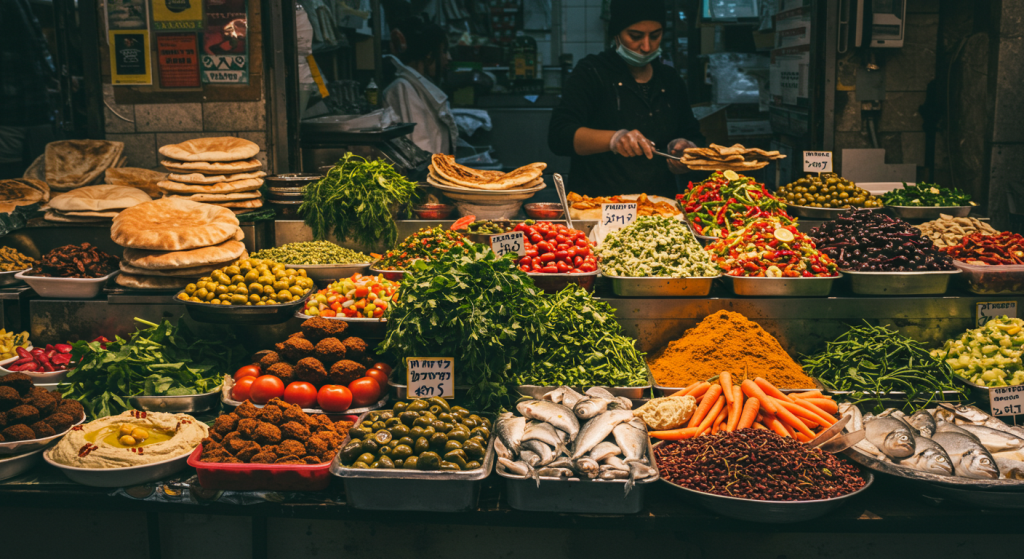
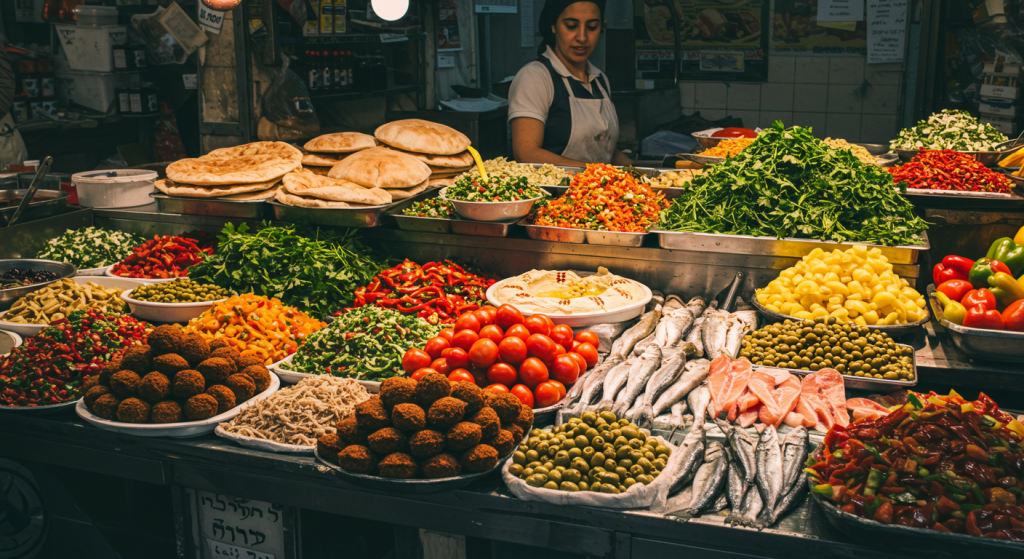
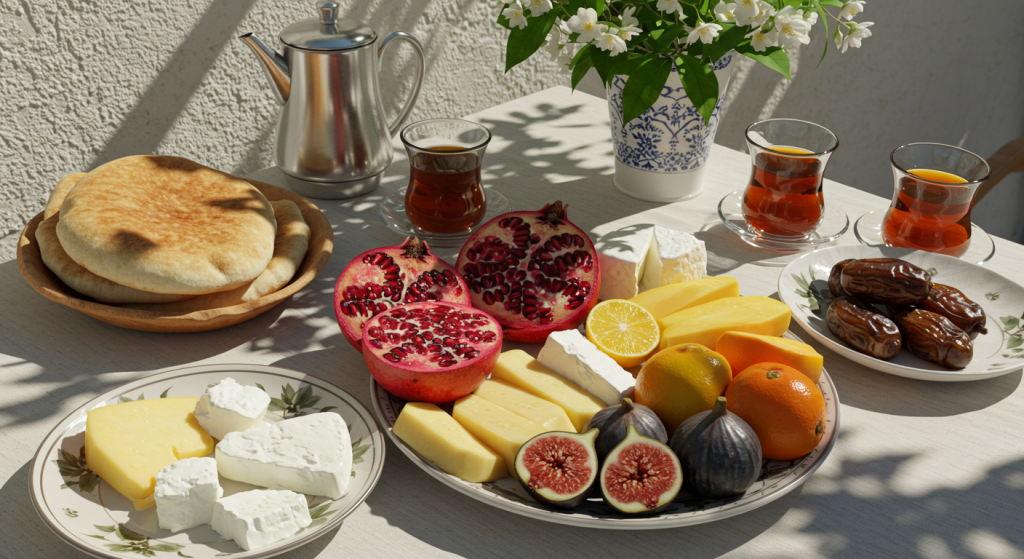
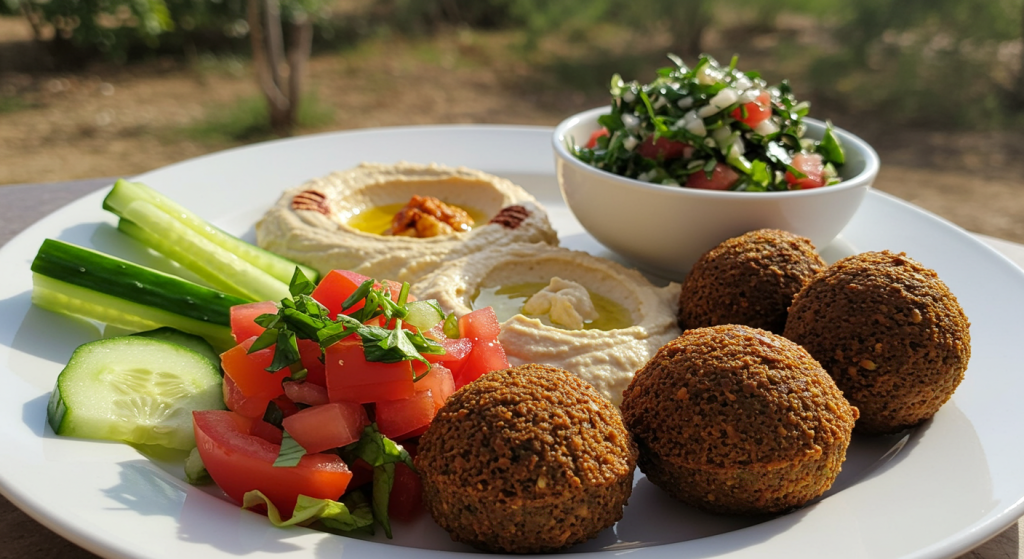
Israel is a country steeped in history, culture, and, perhaps most deliciously, food. The culinary landscape of Israel reflects a rich tapestry of influences from the various cultures and peoples that have called this land home over the centuries. From the ancient markets of Jerusalem to the modern eateries of Tel Aviv, Israeli cuisine offers a delightful amalgamation of flavors, ingredients, and traditions that beckon food lovers from around the world.
At the heart of Israeli food is the concept of fresh, vibrant, and wholesome ingredients. The Mediterranean climate enables the growth of a plethora of fruits and vegetables, forming the base for many traditional dishes. Staples such as tomatoes, cucumbers, eggplants, and olives are a common sight on the table, often dressed with lemon, olive oil, and herbs like parsley and dill. One cannot delve into Israeli cuisine without mentioning the beloved dish of Hummus. This creamy blend of chickpeas, tahini, garlic, and lemon juice serves as a quintessential example of how simple ingredients can create an incredibly satisfying and flavorful dish, often enjoyed with warm pita bread.
Falafel is another iconic element of Israeli food that has won hearts around the globe. These deep-fried balls of ground chickpeas or fava beans, seasoned with herbs and spices, are typically served in pita bread with an assortment of toppings, including pickles, salads, and a drizzle of tahini. The street stalls serving falafel are especially beloved in cities like Tel Aviv, where locals and visitors alike indulge in this delightful fast food.
Moving beyond vegetarian offerings, the diversity of Israeli cuisine also celebrates its roots in the Jewish diaspora. Dishes such as Shawarma—thinly sliced marinated meat, typically served with pita and a medley of vegetables—are a testament to the influence of Middle Eastern flavors. Traditional Kugel and Challah symbolize Jewish heritage, showcasing comfort food that has transcended generations.
Israel’s modern culinary scene is dynamic and innovative. Many chefs are now embracing the farm-to-table movement, working closely with local farmers to source fresh produce and create dishes that highlight the best of Israeli agriculture. As a result, you will find contemporary takes on traditional recipes, where chefs experiment with bold flavors while respecting the authenticity of their roots.
A visit to Israel is also incomplete without experiencing the vibrant markets, known as shuks. These bustling bazaars are a feast for the senses, offering a vast array of spices, nuts, dried fruits, and sweets. Here, one can taste fresh baklava, fluffy Matzah balls, and rich Knafeh, a delectable dessert made from thin noodle-like pastry soaked in syrup, topped with a layer of cheese.
Lastly, beverage culture is an integral part of Israeli dining. Locally brewed wines and artisanal coffee are gaining popularity, which pairs excellently with meals. Wine production in Israel has flourished over the past few decades, thanks to the unique terroir and a growing interest in viniculture.
In conclusion, exploring the food of Israel is not just about tasting meals; it’s about experiencing a rich cultural heritage that unites people from diverse backgrounds. Every bite tells a story, making Israeli cuisine an essential aspect of any visit to this remarkable country. Whether indulging in street food or dining at a gourmet restaurant, the flavors of Israel are sure to leave a lasting impression.
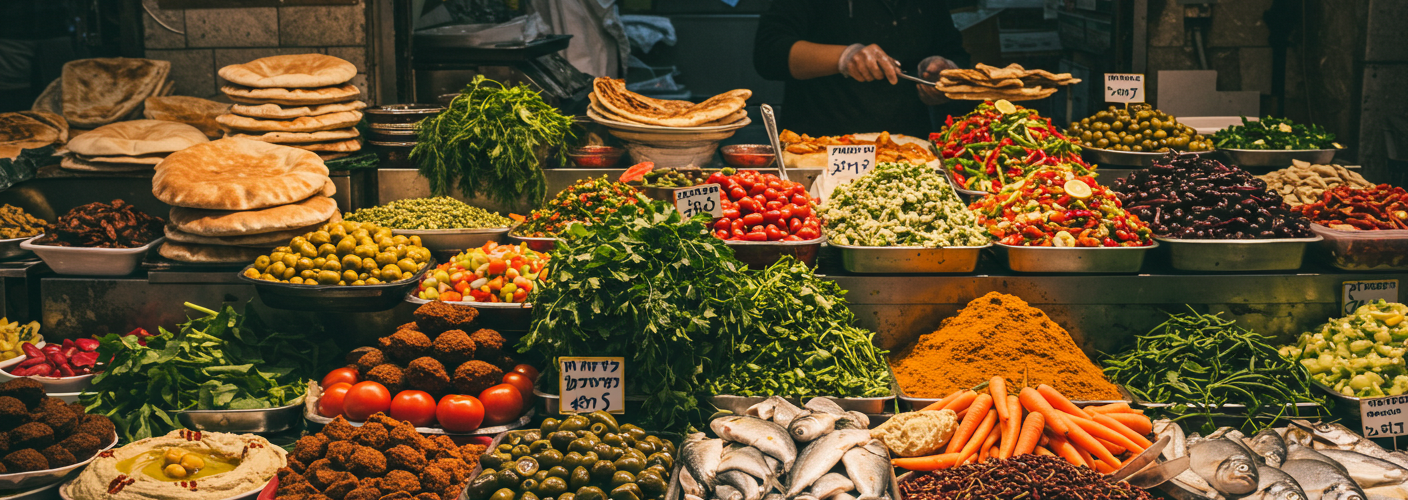



Add comment